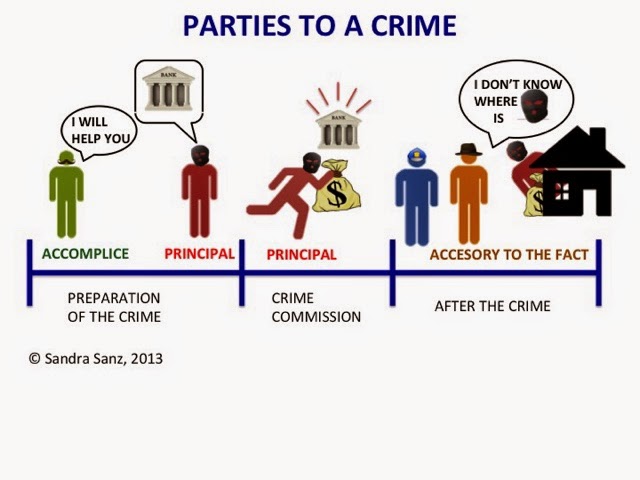Is It Lawful to Beg? (Anti-Vagrancy Law)
As a matter of fact, some of us would consider them as eye sores.
An eye sore that our government has continuously adopted measures in order to address this problem. But, it seems those measures implemented and adopted by the government were inutile as the problem worsens.
Actually, the Revised Penal Code provides a penalty for such act.
Legally speaking, these people are called VAGRANTS.
As defined, vagrants are:
1. Any person having no apparent means of subsistence, who has the physical ability to work and who neglects to apply himself or herself to some lawful calling;
2. Any person found loitering about public or semi-public buildings or places or tramping or wandering about the country or the streets without visible means of support.
3. Any idle or dissolute person who lodges in houses of ill-fame; ruffians or pimps and those who habitually associate with prostitutes;
4. Any person who, not being included in the provisions of other articles of the Revised Penal Code, shall be found loitering in any inhabited or uninhabited place belonging to another without any lawful or justifiable purpose.
5. Prostitutes.
The question now may arise on who are considered as prostitutes?
Accordingly, prostitutes refer to women who, for money or profit, habitually indulge in sexual intercourse or lascivious conduct. Interesting to note that men who do the same act are not considered as prostitutes.
Hence, only women who are considered as prostitutes can be penalized in this law.
So what are the penalty for any person violating this law?
Any person found guilty of any of the offenses covere shall be punished by arresto mayor or a fine not exceeding 200 pesos, and in case of recidivism, by arresto mayor in its medium period to prision correccional in its minimum period or a fine ranging from 200 to 2,000 pesos, or both, in the discretion of the court.
Sources: Revised Penal Code of the Philippines and Google for the pictures.





Comments
Post a Comment